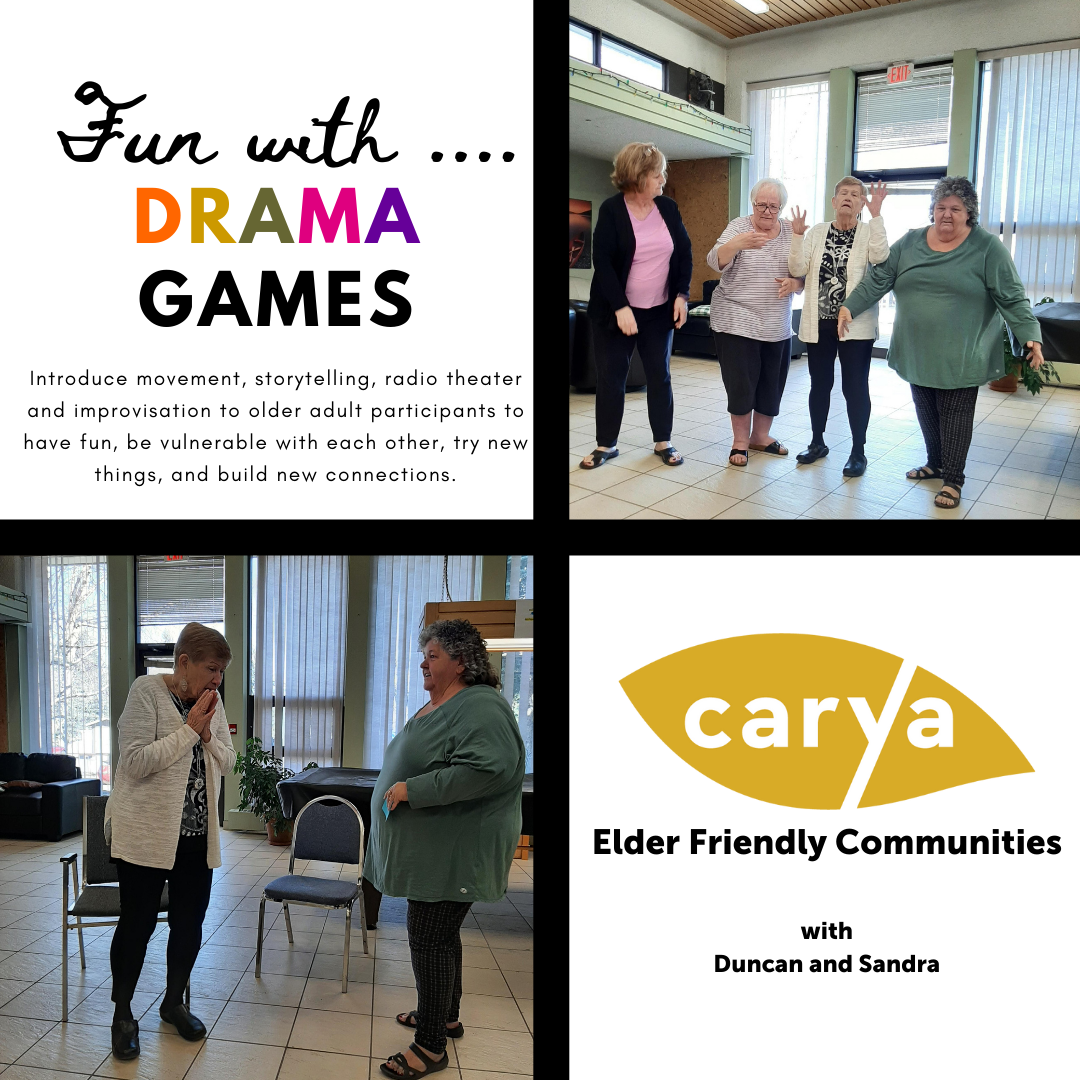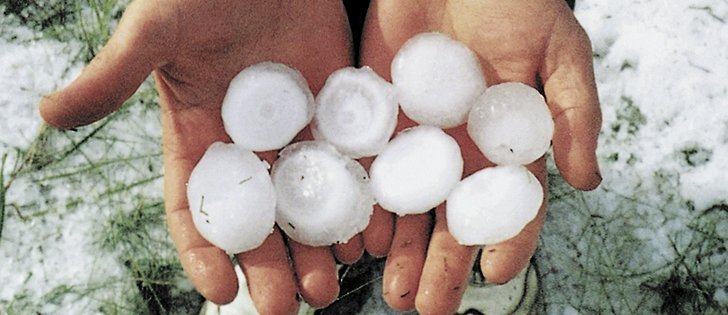Mini Summit 2022: June 8 from 9:00 to 12:00!
We invite you to spend your morning Celebrating Our Successes together! On June 8th, 2022 from 9:00 to 12:00 we're hosting our second 'Mini Summit' to be a space for community development practitioners to share some of the successes, lessons, and/or tools and approaches that they have found helpful.
Given the nature of our work for the past year, we’re particularly looking to highlight community development approaches that have helped build and maintain socially connected communities and/or support communities made-marginalized during the COVID-19 pandemic and beyond.
We know we've all been learning a lot about community development over the past few years, as we have navigated new constraints caused by the pandemic that challenge the very essence of community, and the tools that have been central to our efforts. We’ve been challenged to learn and practice building meaningful connections in new, old, and different ways. Together we will explore what that has looked like for others, and what more we can do in our own communities.
How it will work
Each host will have either thirty or forty-five minutes to share in either a presentation, workshop, or conversation-based format. There will be three separate session times over the morning, with options to choose from for each session time, allowing you to attend what is most interesting or applicable to your own community efforts and professional development! We will come together for a collective harvest before closing to surface key learnings.
We will have tech support volunteers in each of the breakout rooms who will be recording sessions for distribution post-Summit.
Mini Summit Agenda
8:45 - 9:00 Arrival of Attendees
9:00 - 9:15 Opening Ceremonies
9:15 - 10:00 Session One (45 minutes)
10:00 - 10:10 Break
10:10 - 10:40 Session Two (30 minutes)
10:40 - 10:50 Break
10:50 - 11:35 Session Three (45 minutes)
11:35 - 12:00 Collective Harvest & Closing
Overview of Available Sessions
Session One (9:15 to 10:00 a.m.)
Sharing Community Action through storytelling
Beverly Milroy & Cheryl Stetsko-Mayne, Alberta Healthy communities approach, AHS
The Alberta Healthy Community Approach can support communities to define their own pathways to health and wellness. We have created digital stories to demonstrate how rural communities across Alberta are taking action on local priorities. Learn how story telling can lead to deeper understanding while at the same time, recognize those shared accomplishments.
Session Type: Talk
A FACILITATORS GUIDE TO FINDING EXCUSES TO CONNECT
RICHARD LEE-THAI, EXCUSES TO CONNECT
This is for facilitators and practitioners who are wanting to expand their connection toolkit with creative, new ideas that they can utilize to spark meaningful connections. Examples include utilizing conversation-based card games, weaving connection activities into the design of an online or in-person event, and creating mini-projects to highlight the people in your community.
Session Type: Workshop
Equity, Diversity and Inclusion in Non-Profit Board Governance Training
Justin Solamillo & Phil Cheung, Community Development, alberta Culture & status of women
A hosted conversation, reflecting on available training and resources for those involved, or wanting to be involved in non-profit leadership. Participants will discuss and look at barriers and challenges to what they have seen in relevant sector training, when it comes to an equity, diversity and inclusion lens. The hope with the conversation is to bring light to what is missing, what it works, and how might we overcome the barriers to resources that do not take into account the realities of equity, diversity and inclusion.
Session Type: Conversation
Welcoming Newcomers Into Rural Communities
Natacha P. Gougeon, Marie Schooten, Gabriela Gati, Foothills Community Immigrant Services
Participants will learn about the FCIS matching program, Canada Connects, and how using a matching approach will increase their reach and capacity. We will discuss and brainstorm ways to engage volunteers to ensure they feel supported, comparing pandemic and post-pandemic options. Lastly, will discuss why it's important to really know clients, volunteers, partners and communities to have a successful matching program.
Session Type: Conversation
Session Two (10:10 to 10:40 A.M.)
Calgary Dollars: A tool for building community
Sierra Love, Arusha Centre Society
Complementary currency promotes creativity, resourcefulness, and abundance in the local community, utilizing and developing our skills, enthusiasm, and potential—even when austerity is called for in the national and global economies. In this session, participants will learn what Calgary Dollars are and how they can be used in different communities. Examples include affordable housing, community associations, and local micro businesses/entrepreneurs. Also learn about Take Action Grants, our grassroots granting program.
Session Type: Talk
Building connected community
Ad Farshori, Shalini Handa, Shelina Bata, Suzanne Pointer, Odette Murara - Trellis Society
This session will focus on how community voice leads to successful outcomes. Join the session to learn skills and activities to build meaningful connections.
Session Type: Talk
Using drama games and activities to build community
Duncan Johnson & Sandra Scott, carya
The session host will share example of how facilitating drama games and activities helped older adult participants have fun, be vulnerable with each other, try new things, and build new connections.
Session Type: Talk
Organizing to Drive Accountability at the Municipal Levels
Khulud Baig
This session is a brainstorming/asset mapping session to think about who is currently working in Calgary on key issues of Housing, Police and Community Services. The goal is to ask ourselves how can we get more organized to make the municipality accountable to these issues and forefront voices of lived experience in these issues.
Session Type: Workshop/Conversation
Session Three (10:50 to 11:35 a.m.)
Hailstorm Impact Study
Susan Gwynn & Laura Nauta, Canadian Poverty Institute
The direct social impacts of the June 13, 2020 hailstorm are currently anecdotal in nature, and the community has requested support in researching the impacts of the hailstorm to aid in their advocacy efforts and recovery. Using a Community-Based Participatory Research model, this project aims to document stories while also involving the community in all aspects of the project, ensuring community ownership of the project and mobilization around the highlighted findings.
Session Type: Talk
Project Hope: remembering what’s good when things are difficult
Leslie Jerry, City of Medicine Hat Community Development
Project Hope – is a campaign in which elementary school children were asked to consider big and important questions. Their responses were then shared to inspire the community with their wisdom. If it has been a challenge at times to find new ways to bring people together or to provide connection with shifting restrictions, fear, anger and disharmony then this session may be for you. This is a highly visual presentation with opportunities for participants to reflect together on the big and important questions in life. We will also talk about the challenges and share strategies and best practices for taking projects to the next level.
Session Type: Talk
Building Collaborative Community-Based Solutions
Stacey Perlin, Perlin Foundation for Wellbeing
Where to start when proposing new collaborative community-based solutions? Participants will learn about which questions to answer for themselves, before they engage potential community members. Walk away with tips to make the most of your conversations and guidance on how to respond when you encounter roadblocks.
Session Type: Workshop
How Do Practitioners Know When It’s Time to Leave a Community?
Amanda Palmer, CDLI & Twyla Moon, City of Calgary - Calgary Neighbourhoods
As organizations, sometimes we need to make tough decisions around resource allocation, which can mean exploring exit strategies. What does it mean to leave a community? How do you know when it’s the right time? What needs to be done as part of a transition process? What strategies should we be using in our regular efforts to better allow for practitioners to leave communities in the first place? Join us for a curious conversation amongst peers who have grappled, are grappling, or will one day grapple with this important question.
Session Type: Conversation













